In today’s fast-paced world, it can be easy to overlook the importance of maintaining a careful, well-considered approach to your health. Between balancing work or school, family commitments, and social activities, the demands of modern life can often mean that certain habits—like mixing prescription drugs and alcohol—creep into your routine without much thought. It’s crucial to understand the severe risks associated with this behavior and take immediate steps to protect your well-being.
The Risks of Combining Prescription Drugs and Alcohol
1. Amplified Side Effects
Prescription medications come with their own list of side effects, which can range from mild to severe depending on the drug and the individual’s health condition. When alcohol enters the equation, these side effects can become significantly more pronounced. For instance, both alcohol and many medications can cause drowsiness, dizziness, or confusion. Taking them together could make these effects more intense, increasing your risk of accidents and injuries.
2. Reduced Effectiveness of Medication
Alcohol can interfere with how certain drugs work, making them less effective. This can be particularly dangerous if you are using medication to manage chronic health conditions such as diabetes, heart disease, or high blood pressure. Reduced effectiveness means that your health condition may worsen, putting you at greater risk for complications.
3. Increased Toxicity
One of the most dangerous outcomes of mixing alcohol and prescription medications is increased toxicity. Certain drugs are processed through the liver, and when combined with alcohol, the liver can become overwhelmed, leading to serious liver damage or failure. Medications such as acetaminophen, found in many pain relievers, can be particularly harmful when mixed with alcohol.
4. Risk of Overdose
The combined impact of alcohol and prescription drugs can sometimes lead to overdose. Both substances can depress the central nervous system, slowing down breathing and heart rate. Those with mental health conditions or chronic pain, who might already be at higher risk for substance misuse, need to be particularly careful. An overdose can be fatal or result in long-term medical complications.
Common Prescription Drugs and The Effects of Mixing Alcohol
Let’s break down some common categories of prescription drugs and the specific dangers associated with mixing them with alcohol:
1. Antidepressants
Antidepressants are commonly prescribed to individuals with depression or anxiety. When mixed with alcohol, these drugs can cause increased drowsiness, leading to impaired motor skills and judgment. Additionally, the combination can worsen symptoms of depression.
2. Painkillers (Opioids)
Opioid painkillers like oxycodone or hydrocodone have a high potential for addiction and overdose. Combining these with alcohol can exponentially increase the risk of respiratory failure and death.
3. Anti-Anxiety Medications (Benzodiazepines)
Benzodiazepines, such as Xanax or Valium, are used to treat anxiety and panic disorders. Alcohol can enhance the sedative effects of these drugs, leading to extreme drowsiness, memory issues, and potentially life-threatening respiratory depression.
4. Antibiotics
Even antibiotics are not exempt from danger when mixed with alcohol. Certain antibiotics can interact poorly with alcohol, resulting in symptoms like nausea, vomiting, flushing, and rapid heart rate.
The Psychological Implications
Beyond the physical dangers, mixing prescription drugs and alcohol can have detrimental effects on your mental health. Alcohol can amplify feelings of sadness, anger, or anxiety, which might already be present if you are taking medication for a mental health condition. This can create a vicious cycle where you might find yourself consuming more alcohol to cope with these intensified emotions, leading to further misuse of both substances.
Understanding The Real-Life Impact
The statistics around prescription drug and alcohol misuse help to underscore the severity of this issue. According to a study by the National Institute on Alcohol Abuse and Alcoholism (NIAAA), up to 55% of those who misuse prescription opioids also exhibit some form of problematic alcohol use. This clearly illustrates the widespread nature of this dangerous behavior.
Steps to Take if You’re Struggling With Mixing Prescription Drugs and Alcohol
If you find yourself or a loved one in a pattern of mixing prescription drugs and alcohol, it’s crucial to take action immediately:
- Reach Out for Professional Help
Seeking the guidance of a healthcare provider is the first step. A professional can assess your situation, offering tailored advice and initiating a treatment plan. - Consider Behavioral Health Treatment
Programs like those offered by Resilience Behavioral Health are designed to tackle the complexities of substance misuse and mental health conditions. In a comprehensive treatment program, you’ll receive medical supervision, psychological support, and practical tools to help you manage both your medication and your alcohol consumption effectively. - Foster a Support Network
Building a support network of friends, family, and professionals can make a significant difference. Surrounding yourself with supportive individuals can help you stay accountable and motivated on your journey to recovery.
Get The Help You Need For Alcohol And Prescription Drug Abuse With Our Addiction Treatment in Atlanta
The dangers of mixing prescription drugs and alcohol are significant and multi-faceted, affecting both your physical and mental health. By understanding these risks and taking proactive measures, you can steer clear of potential harm and live a healthier, more balanced life.
If you’re in the Atlanta area and struggling with the pressures of mental health and substance misuse, Resilience Behavioral Health offers comprehensive programs tailored to your needs. Our expert team understands the complexities of addiction and mental health disorders. Don’t wait to get the help you deserve. Contact Resilience Behavioral Health today to start your journey toward recovery and reclaiming your well-being.
For more information on our programs and to take the first step towards a healthier you, contact Resilience Behavioral Health’s addiction treatment program in Atlanta, GA.



